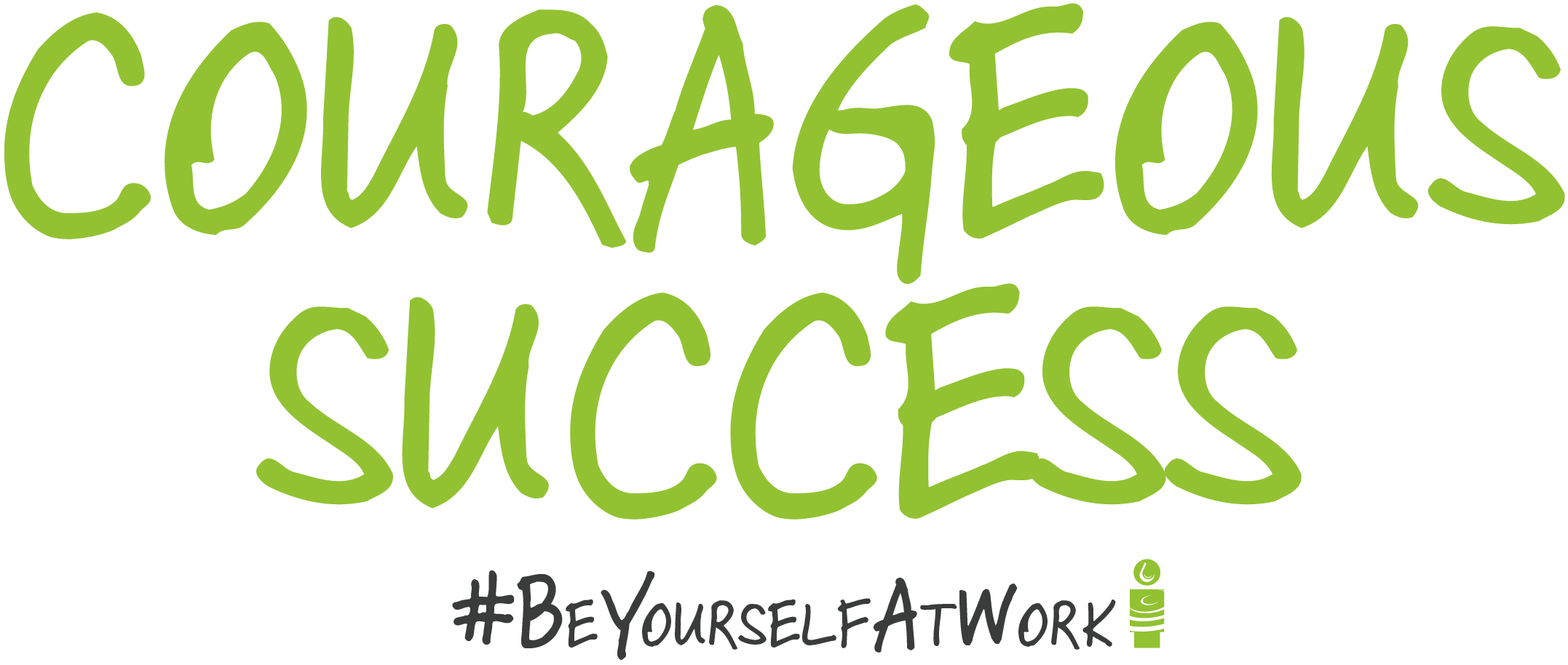 23% of employees report feeling burned out at work very often or always, while an additional 44% report feeling burned out sometimes. That means that about two-thirds of full-time workers experience burnout on the job.
23% of employees report feeling burned out at work very often or always, while an additional 44% report feeling burned out sometimes. That means that about two-thirds of full-time workers experience burnout on the job.
(Gallup)
I got to 4pm yesterday and I was all out. After four weeks of 14-16-hour days I was done. There is something about crisis that brings out the steel in me. But I cannot keep going at that pace and neither can you.
Mercer is currently reviewing the global impact of Coronavirus on business and employees. Today’s live data shares that 76% of employees are required on site and 27% of employers are offering rewards for it. 77% are prioritising sending out reminders about existing mental health programmes to support staff, with just 30% innovating and creating new programmes.
As I sat with a glass of wine in our non-work room at home (the conservatory) last night Jerome said to me, do your yoga. Honestly, yoga is not going to do it for me. Neither is meditation, a good night’s sleep, or a strong g&t. The bare facts are that for many of us Covid19 means working your socks off. We all cope differently and need to actively focus our self awareness and self management. The inside of us needs to be the priority. It’s not just about creating a new “to do” list.
The term “Mental Health” has always frustrated me. In my eyes it can carry a stigma. In avoiding or managing burnout this certainly is not helpful to me and in my experience other people either.
In the last three weeks we have created and launched iAM Digital, a 30-minute experience with video debrief and automated tips on resilience and wellbeing, along with pressure, agility, and inclusion. All with multilingual abilities. We have found an amazing tech digital partner for hosting, opened an online shop and are now creating a free version for young people which launches over the next ten days. When you power through it is amazing what you can achieve!
But when you hit the wall, what can you do? What can employers do? The Mercer survey finds that 92% of companies have stated or are considering a salary freeze and at the same time 40% are prioritising restoring employees care and engagement. Is money the answer? Is a mental health email the answer? Here are three reflections that you can try out for yourself to avoid the wall and bounce off it when you hit it!
- Has lockdown become your current new normal. Is it winning over your consciousness? Is this happening to you or are you letting it win? Actively see the bigger picture and look back and forward. Stay conscious of the wider reality of your life and our working world.
- When you hit the wall stop and do something else. If you try to push through you could make your experiences worse. I went food shopping at 4.15 yesterday. I took my time putting it away and then came a glass of wine in the non work room (conservatory). Laptop off, I walked away. Make conscious choices at the moment that you start to struggle.
- Our current reality has ups and downs. But ultimately today is about the future. The plague created an economy of paid labour. Challenge your routines and perspectives and be agile. My burn out moments come when I doggedly persist in the same patterns. It is time to challenge them!
Without getting on my soap box (!) and addressing my friends in HR, employers have an enormous opportunity to re-shape how they look after and excite their workforce today and going forward. In one recent conversation I was once again asked the same old questions that the HR person felt they needed to prove to a “stakeholder” to get their proposal over the line. URGH! What the business really need are human techniques that will help the business leaders to be themselves and find meaning as people in their work, inspiring others to do the same It’s time to innovate both personally and professionally and create the new agile normal. And stop these restrictive patterns that halt advancement and happy achievement and culture at work. Rant over.
Burned-out employees typically have 13% lower confidence in their performance and are half as likely to discuss how to approach performance goals with their managers. I’ll save this one for another week’s blog!
Take care x
